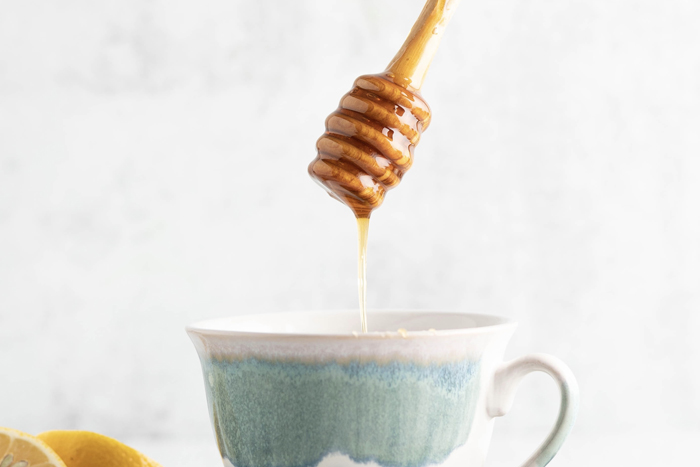 Feature Image by Sarah Gualtieri
Feature Image by Sarah Gualtieri
Limiting your amount of sugar intake can be especially tough if you have a bit of a sweet tooth. But if you aren’t mindful of the amount of sugar you consume, it can lead to weight gain, tooth decay, type 2 diabetes, and heart disease, among other things.
Fortunately, there are healthier alternatives to sugar that you can try if you have trouble curbing your sweet cravings. With so many options available today, which ones are worth trying? We talked to nutritionists on the sugar substitutes they personally recommend. Here are the ones that you may want to try.
Monk fruit
Monk fruit, also known as lo han guo, is an excellent alternative to sugar. As Lisa Richards a certified nutritionist, tells FabFitFun, “This option contains some incredible compounds that are 300 to 400 times sweeter than cane sugar. But, and here’s the real kicker, it’s virtually calorie-free. That means it won’t affect blood sugar levels, and it won’t rot your teeth.”
Monk fruit can also help reduce blood glucose levels in the body, and contains antioxidant properties. According to Richards, some cultures even refer to it as the “longevity fruit.”
Swerve sweetener
“My go-to sugar substitute for years now has been Swerve Sweetener,” nutritionist Samantha Bartholomew, MS, RDN, tells FabFitFun. “I love Swerve for many reasons, one being that it is a natural sugar replacement that measures cup for cup with sugar. Swerve is also zero-calorie, tastes amazing and works perfectly in cooking and baking.”
Stevia
Stevia comes from the stevia rebaudiana plant, and is a calorie-free sugar substitute that doesn’t raise blood sugar. However, Sharon Holand Gelfand, CN, FDN-P, a functional holistic nutritionist, tells FabFitFun, “Be mindful when shopping at the supermarket for brands that have other ingredients in it that could upset your stomach. It’s OK for the brand to have inulin, which is a natural occurring prebiotic that nourishes good digestive flora in the gut.”
Erythritol
Erythritol is a sugar alcohol and popular artificial sweetener that can be found in many “diet-friendly” or sugar-free foods. Although it can be used on its own, nutritionist Alicia Harper says a combination of erythritol and stevia makes for the best sugar substitute in her opinion.
“The first reason being for the flavor and the second to try and prevent any side effects from your gut,” Harper says. “Since everyone’s taste buds and microbiomes are different, I would recommend mixing a few different ones together to find the right mix. You could also just use Pyure which is a combination of both, but a lot sweeter than mixing them individually yourself.”
Rice bran syrup
Rice bran syrup is a sugar alternative made from brown rice. According to holistic nutritionist Sally Kravich, this makes a great sweetener because it’s highly concentrated in B vitamins.
Honey
If you’re looking for a more natural alternative, honey is a great option. It’s a natural sweetener of fracture and glucose, so it does contain calories. However, registered dietician Kelly Springer, tells FabFitFun, it’s also full of nutrients like iron, magnesium, copper, and some B vitamins.
Maple syrup
Maple syrup is a natural sweetener with a good amount of manganese and zinc. According to Springer, it’s also low on the glycemic index, meaning it won’t spike your blood sugar levels as much as refined sugar. It also contains antioxidants, which can help reduce the risk of cancer and neurodegenerative diseases.
But of course, be mindful of your intake. “Maple syrup does contain substantial calories, so make sure not to overload your plate with this natural sweetener,” Springer says. “Look for darker maple syrup as this kind will be more beneficial than its lighter-colored counterparts.”
xx, The FabFitFun Team





